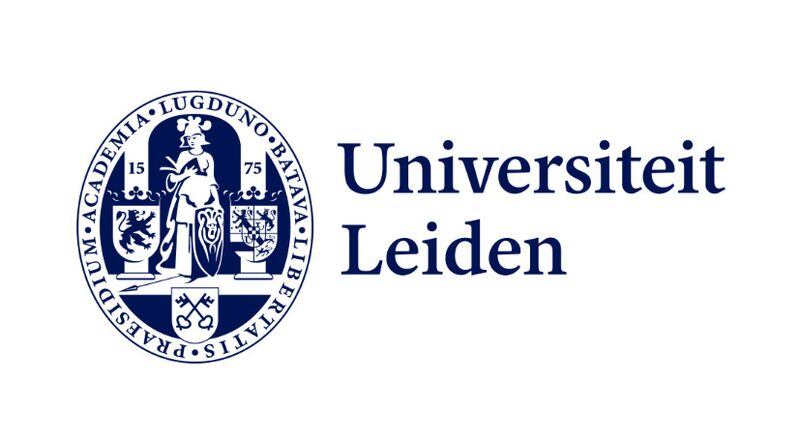
Postdoctoral Researcher in the Canonization of the Quran Reading Traditions, University of Leiden
The Faculty of Humanities, Leiden University Centre for Linguistics (LUCL) is looking for a Postdoctoral Researcher into the Historical of the Canonization of the Quranic Reading Traditions for the ERC Consolidator Grant project “QurCan – The Canonization of the Quranic Reading Traditions”.
The canonisation of the Quranic reading traditions ( qirāʾāt) goes back to the 10th c. scholar ibn Mujahid who established the canon. Up until recently, it was thought that his work functioned as our historical horizon— everything we can know about the pre-canonical situation is filtered through his choices and thinking. However, there are hundreds of Quranic manuscripts from the time preceding the canonisation stretching back at least to the beginning of the 8th c. that make use of diacritics to instruct the reader. These pre-canonical reading traditions provide a vista into the pre-history of Quranic recitation, yet they have so far gone almost entirely unstudied. The ERC Consolidator grant project QurCan aims to mine these rich historical sources to understand what Quran recitation was like before ibn Mujahid, how the reading traditions developed, and how this led to the crystallized canon that we know today.
Key Responsibilities
The postdoctoral researcher will conduct a historical study into the study of the canonisation of the Quranic reading traditions, integrating both the traditional Islamic sources on the project, as well as the primary manuscript data that will be collected over the course of the project. The QurCan project will, for the first time, provide direct insight into which reading traditions were popular in the pre-canonical period, and which ones have been lost altogether. With this increased access to primary source material, it will for the first time be possible to address directly the question when certain reading traditions rose to prominence, and where. Therefore, the process of canonisation can finally be studied with direct systematically described sources that predate the canonisation, which will also furnish further ability to contextualize the pre-canonical fragmentary accounts in the pre-canonical sources.
One of the impediments to understanding the establishment of the Canon of the Quranic text comes from the fact that the earliest systematic description of reading traditions is the same text that established the canon of those reading traditions. While there are surviving works that precede the canonisation that discuss different readings, no systematic descriptions of complete traditions survive. As a result, it is difficult to decide how anonymous mention of fragments of readings should be viewed, and how these early mentions of recitations of the Quran should be understood in the development of the canon.
Selection Criteria
PhD in a relevant field (Islamic Studies, Islamic History, Canon studies)
Demonstrable experience in conducting historical and philological research with Islamic literary sources.
Excellent command of both English and Classical Arabic.
Experience with integrating documentary primary source material into the historical study of literary islamic sources is a plus.
Knowledge of the Quranic manuscript tradition and the Quranic reading traditions is considered a plus.
Our Organization
Leiden University Centre for Linguistics (LUCL) is one of seven Institutes that falls under the Faculty of Humanities. With over 120 linguists working at the Institute, it is a rich research environment that prides itself on fostering scientific excellence. At LUCL we offer extensive research support to our researchers. For example, our in-house grant officer will advise and help you apply for grants, a dedicated project officer will guide you with project finances and a communications advisor is on hand to assist you in publicising your research.
LUCL has a longstanding tradition in the study of the world’s languages and features unique linguistic expertise. Current theoretical insights are combined with modern experimental methods in its research profile area ‘Language Diversity in the World’. Researchers from our six umbrella research groups are experts in their respective fields but equally find innovative ways of collaborating with other fields and disciplines.
Applications
Your application should include:
Curriculum Vitae and a list of publications.
A cover letter explaining your motivation, background and qualifications for the position (max. 2 page).
Application Deadline: 7 February 2023
More details on the role are available here
